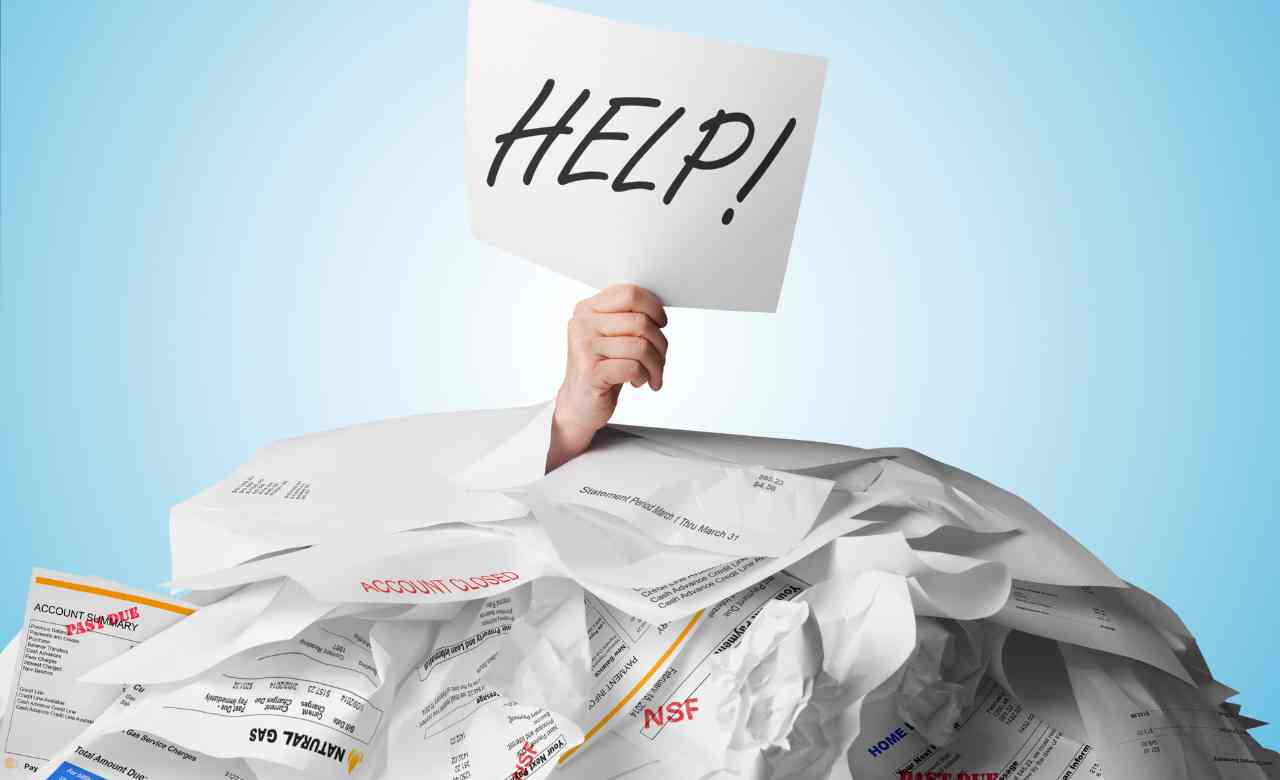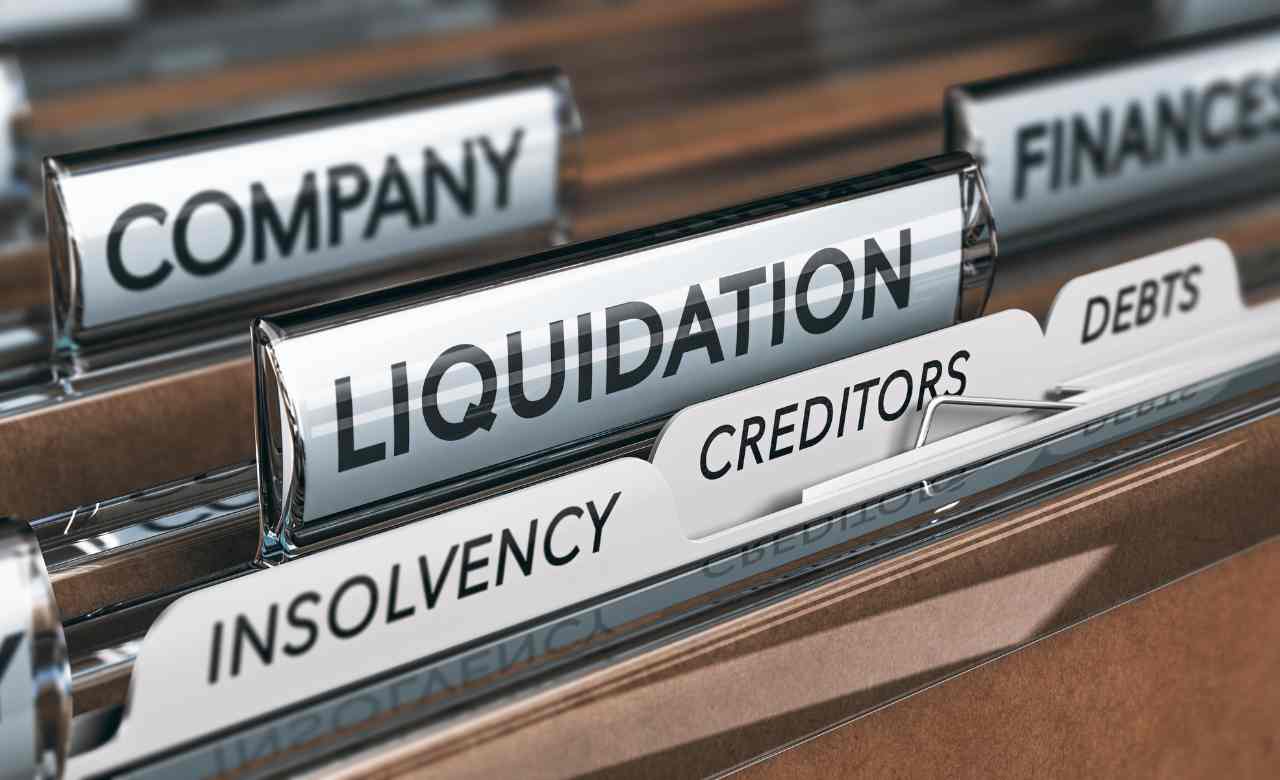Debt settlement companies have gained popularity as a potential solution for individuals struggling with overwhelming debt. However, it is crucial to understand the limitations and risks associated with these companies. This article aims to provide a comprehensive analysis of why Dramer Law and other debt settlement companies often fail to deliver the promised debt relief and financial solutions.
Understanding the Prevalence of Debt Settlement Companies
Debt settlement companies have emerged as a result of the growing need for debt relief options. These companies claim to negotiate with creditors on behalf of individuals to reduce their outstanding debts. While some debt settlement companies operate legitimately, others engage in deceptive practices that can lead to detrimental consequences for consumers.
Setting Expectations for Debt Relief
Before exploring the limitations of Dramer Law and other debt settlement companies, it is important to establish realistic expectations for debt relief. Debt settlement is not a one-size-fits-all solution, and its effectiveness depends on various factors such as the individual’s financial situation, the nature of their debts, and the creditors involved.
The Limitations of Dramer Law and Similar Debt Settlement Companies
In the world of debt relief, Dramer Law and other debt settlement companies have gained attention as potential solutions for individuals burdened by excessive debt. However, it is important to understand the limitations and drawbacks associated with these companies before entrusting them with your financial well-being. This article delves into the specific shortcomings of Dramer Law and similar debt settlement companies, shedding light on the potential risks and pitfalls involved.
Unregulated Industry
One of the main limitations of debt settlement companies, including Dramer Law, is the lack of standardized regulations and oversight. This unregulated landscape creates an environment where companies can operate without clear guidelines, leading to potential abuses and exploitations.
Lack of Standardized Regulations and Oversight
As the debt settlement industry lacks strict regulations, there is limited accountability for companies like Dramer Law. This absence of oversight increases the risk of unethical practices, putting consumers at a disadvantage and leaving them vulnerable to fraudulent activities.
Limited Accountability and Potential for Abuse

With minimal regulations and oversight, debt settlement companies can engage in deceptive practices that harm consumers. These companies may make false promises, mislead individuals with unrealistic claims of debt reduction, and fail to provide transparent information regarding their services.
Misleading Advertisements and Marketing Tactics
Dramer Law and other debt settlement companies often employ misleading advertisements and marketing tactics to attract individuals seeking debt relief. They may highlight success stories and emphasize quick debt resolution without properly evaluating the individual’s financial situation.
Promises of Quick Debt Resolution Without Proper Evaluation
Debt settlement companies may promise fast and significant debt reduction without conducting a thorough evaluation of the individual’s financial circumstances. This approach overlooks crucial factors such as the individual’s income, expenses, and ability to sustain a repayment plan, leading to unrealistic outcomes.
Exorbitant Upfront Fees and Monthly Charges
Another limitation of debt settlement companies is the high cost associated with their services. Companies like Dramer Law typically charge exorbitant upfront fees and monthly charges, placing an additional financial burden on individuals already struggling with debt.
Lack of Transparency in Fee Structures
Debt settlement companies, including Dramer Law, often lack transparency when it comes to their fee structures. Consumers may find it challenging to understand the breakdown of fees, leading to confusion and potential financial strain.
Negative Effects on Credit Scores and Financial Reputation
Enrolling in a debt settlement program can have negative implications for an individual’s credit scores and financial reputation. When individuals stop making payments to creditors and instead make payments to the debt settlement company, their creditworthiness can suffer, making it difficult to access future credit and financial opportunities.
The Ineffectiveness of Debt Settlement Programs
Debt settlement programs have emerged as a popular option for individuals struggling with overwhelming debt. Promising to negotiate with creditors and reduce outstanding balances, these programs claim to provide a pathway to financial freedom. However, it is important to understand the limitations and potential drawbacks of debt settlement programs before making a decision. This section explores the ineffectiveness of debt settlement programs and the challenges they pose to individuals seeking debt relief.
Incomplete Debt Resolution
Debt settlement programs, including those offered by Dramer Law, do not guarantee the complete resolution of all debts. While these programs aim to negotiate with creditors to reduce the outstanding amounts, there is no guarantee that all creditors will agree to the proposed settlements. As a result, individuals may be left with remaining liabilities even after participating in a debt settlement program.
Inability to Settle All Debts Successfully

Debt settlement programs face challenges in successfully negotiating with all creditors. Some creditors may be resistant to settlement offers or may prefer to pursue legal action against individuals despite their enrollment in a debt settlement program. This can lead to prolonged debt resolution and potential legal consequences.
Creditor Resistance and Legal Consequences
Despite enrolling in a debt settlement program, individuals may still face creditor resistance. Creditors have the right to pursue legal action to collect outstanding debts, even if an individual is making payments through a debt settlement program. This resistance can result in lawsuits, wage garnishment, and even asset seizure, adding further stress and financial burden to individuals seeking debt relief.
Limited Financial Education and Support
Debt settlement programs often fall short in providing individuals with comprehensive financial education and long-term support. These programs may focus solely on negotiating settlements, neglecting the importance of financial literacy and sustainable financial management. Individuals may not receive the necessary guidance to rebuild their credit, improve their financial habits, and maintain long-term financial stability.
Alternatives to Debt Settlement Companies
While debt settlement companies may not always deliver the desired outcomes, there are alternative options available for individuals seeking debt relief. These alternatives provide more structured and reliable pathways to financial freedom.
Debt Management Plans
Debt management plans offer a collaborative approach between individuals and creditors to create a manageable repayment plan. These plans involve negotiating with creditors to reduce interest rates, waive fees, and establish a structured payment schedule. Debt management plans focus on helping individuals repay their debts in a sustainable manner while maintaining their creditworthiness.
Debt Consolidation Loans
Debt consolidation loans involve combining multiple debts into a single loan with lower interest rates. This consolidation simplifies the repayment process by reducing the number of monthly payments and potentially saving individuals money on interest charges. Debt consolidation loans can provide individuals with a clear roadmap to pay off their debts and regain control of their financial situation.
Bankruptcy Options
For individuals facing overwhelming debt and limited options, bankruptcy can be a viable solution. Chapter 7 and Chapter 13 bankruptcy offer legal avenues for debt relief, providing individuals with a fresh start and the opportunity for a clean financial slate. Bankruptcy should be approached with careful consideration and professional guidance to understand its implications and determine the most suitable option based on individual circumstances.
Frequently Asked Questions (FAQs)
- What is the main drawback of debt settlement companies?
– Debt settlement companies often lack regulation and oversight, leading to potential abuses and exploitations of consumers.
- Can debt settlement companies guarantee a specific debt reduction?
– Debt settlement companies cannot guarantee specific debt reduction as settlements depend on the willingness of creditors to accept negotiated amounts.
- How long does the debt settlement process typically take?
– The duration of the debt settlement process varies depending on the complexity of the individual’s debts and the willingness of creditors to negotiate.
- Will debt settlement affect my credit score?
– Enrolling in a debt settlement program can have a negative impact on an individual’s credit score as missed payments to creditors can lower creditworthiness.
- Are there any legal consequences to consider when enrolling in a debt settlement program?
– Despite enrolling in a debt settlement program, creditors retain the right to pursue legal action to collect outstanding debts, which can lead to lawsuits, wage garnishment, and asset seizure.
- What should I do if I have already enrolled in a debt settlement program and am experiencing difficulties?
– Individuals facing difficulties with a debt settlement program should seek professional advice, consult with a credit counselor, or consider alternative debt relief options such as debt management plans or bankruptcy.
Conclusion
Dramer Law and other debt settlement companies often fail to deliver the promised debt relief and financial solutions due to the limitations of the industry. The lack of regulation, misleading claims, high fees, and potential legal consequences make debt settlement programs an ineffective choice for individuals seeking long-term debt resolution. Exploring alternatives such as debt management plans, debt consolidation loans, or bankruptcy can provide more structured and reliable pathways to achieve financial freedom. It is essential for individuals to approach debt relief options with caution, research reputable organizations, and seek professional advice to make informed decisions and regain control of their financial lives.
